Isaiah 2 meaning explained in AI Summary
Isaiah chapter 2 presents a powerful vision of a future utopia centered around the Lord's presence and teachings.
1. A Mountain of Peace (Verses 1-4):
- Isaiah sees a vision of the future where the Lord's temple stands tall, attracting all nations.
- People from all over the world flock to learn the Lord's ways and walk in his paths.
- This leads to a transformation: nations lay down their weapons of war and embrace peace.
- The focus shifts from conflict and violence to learning and understanding.
2. Judgment on Pride and Idolatry (Verses 5-11, 18-22):
- Despite the call for peace, Isaiah acknowledges the current state of Israel, filled with pride, idolatry, and reliance on material wealth.
- He warns of God's judgment on these sins, emphasizing that true security comes only from the Lord.
- The imagery of people hiding in caves and holes highlights the futility of seeking refuge from God's judgment.
3. The Day of the Lord (Verses 12-17):
- Isaiah describes the "Day of the Lord," a time of judgment and reckoning for the proud and arrogant.
- Human achievements and pride will be humbled before the Lord's power and majesty.
- This serves as a stark reminder that true strength and security lie in acknowledging God's sovereignty.
Overall Message:
Isaiah 2 presents a powerful contrast between a future utopia of peace and the current reality of sin and judgment. It emphasizes:
- The Lord's Sovereignty: He alone holds ultimate power and authority.
- The Importance of Humility: True peace comes from submitting to God's will, not pursuing self-reliance or pride.
- The Hope of Transformation: Despite the current state of the world, Isaiah offers a vision of a future where peace and justice prevail.
This chapter serves as both a warning against complacency and a call to repentance, urging people to turn to the Lord for true peace and security.
Isaiah 2 bible study ai commentary
Isaiah 2 presents a powerful contrast between a glorious, eschatological vision and a stark, impending judgment. It opens with the ultimate hope of God's universal reign of peace from Zion, where all nations will seek His law. This beautiful future is then immediately juxtaposed with the corrupt present of Judah. Isaiah indicts the nation for its reliance on foreign superstitions, materialism, military might, and pervasive idolatry—all manifestations of human pride. The central theme is the "Day of the Lord," a period of terrifying judgment where God alone will be exalted, and every symbol of human pride and self-reliance will be utterly humbled and destroyed. The chapter concludes with a simple, potent command to cease trusting in fragile humanity and to trust in God alone.
Isaiah 2 context
The prophet Isaiah ministered in Judah during the 8th century BCE, a period of great political and military turmoil dominated by the rising Assyrian empire. Under kings like Uzziah, Judah experienced significant economic prosperity and military strength, which led to national pride, social injustice, and religious syncretism. The people began to trust in their wealth, their military technology (chariots), and foreign alliances rather than in Yahweh. This context is the direct backdrop for the sins Isaiah condemns in this chapter—idolatry, materialism, and arrogant self-sufficiency.
Isaiah 2:1
The word that Isaiah the son of Amoz saw concerning Judah and Jerusalem.
In-depth-analysis
- "The word...saw": This combination is a prophetic formula. It emphasizes that the message is not Isaiah's own opinion but a divine revelation, a vision (Hebrew: chazah) given to him by God. It carries the weight of divine authority.
- "Concerning Judah and Jerusalem": The prophecy is specific. While its ultimate implications are global (v. 2-4), its immediate context and indictment are for God's covenant people and their capital city, the center of their worship and government.
Bible references
- Isaiah 1:1: "The vision of Isaiah the son of Amoz, which he saw concerning Judah and Jerusalem..." (Identical framing of his prophetic call)
- Amos 1:1: "The words of Amos... which he saw concerning Israel..." (Similar prophetic formula)
Cross references
Hab 1:1 (prophetic burden), Mic 1:1 (prophet's vision), Jer 23:16 (false prophets see visions of their own)
Isaiah 2:2-3
It shall come to pass in the latter days that the mountain of the house of the LORD shall be established as the highest of the mountains, and shall be lifted up above the hills; and all the nations shall flow to it, and many peoples shall come, and say: “Come, let us go up to the mountain of the LORD, to the house of the God of Jacob, that he may teach us his ways and that we may walk in his paths.” For out of Zion shall go the law, and the word of the LORD from Jerusalem.
In-depth-analysis
- Word: "latter days" ('acharit hayyamim) refers to a future, eschatological era marked by God's decisive intervention, not necessarily the end of the world but the age of the Messiah's reign.
- Mountain of the LORD's house: Mount Zion/Jerusalem, symbolically represents the location of God's rule and presence. In the ancient world, mountains were seen as dwelling places of the gods.
- Established as the highest: This is a spiritual, not a literal topographical, preeminence. God's kingdom and authority will be recognized as supreme over all other powers and belief systems ("mountains" and "hills").
- Nations shall flow to it: This is a striking reversal of a river's course. It describes a willing, universal pilgrimage, not a military conquest. Gentiles will actively seek God.
- Teach us his ways: The motivation is to receive divine instruction (Torah). The world will desire God's wisdom and righteousness as its governing standard.
- Out of Zion shall go the law: Zion, once the recipient of law, will become its source for the entire world, establishing a new global center for divine truth.
Bible references
- Micah 4:1-2: "...the mountain of the house of the LORD shall be established... and peoples shall flow to it... For out of Zion shall go forth the law..." (A nearly identical prophecy, showing its importance)
- Hebrews 12:22: "But you have come to Mount Zion and to the city of the living God, the heavenly Jerusalem..." (The church is a spiritual fulfillment of this)
- Zechariah 8:22: "Many peoples and strong nations shall come to seek the LORD of hosts in Jerusalem..." (Echoes the theme of nations seeking God)
- Revelation 21:24: "By its light will the nations walk, and the kings of the earth will bring their glory into it." (Fulfillment in the New Jerusalem)
Cross references
Ps 68:15-16 (God choosing Zion over other mountains), Ps 48:1-2 (Zion, the city of our God), Zec 14:16 (nations worshiping in Jerusalem), Jer 3:17 (Jerusalem as the Throne of the Lord)
Isaiah 2:4
He shall judge between the nations, and shall decide disputes for many peoples; and they shall beat their swords into plowshares, and their spears into pruning hooks; nation shall not lift up sword against nation, neither shall they learn war anymore.
In-depth-analysis
- This verse describes the result of the nations learning God's ways (v.3). God's perfect judgment removes the cause of conflict.
- Judge between the nations: His authority is the basis for peace. He becomes the supreme arbiter, making human courts and warfare obsolete.
- Swords into plowshares: This is one of the most famous biblical metaphors for peace. Instruments of destruction are converted into tools of productive cultivation. This signifies a total transformation of society's priorities from war to life and prosperity.
- Neither shall they learn war anymore: Peace will be so complete and foundational that military training and the entire institution of war will cease to exist.
Bible references
- Joel 3:10: "Beat your plowshares into swords, and your pruning hooks into spears..." (A direct reversal of this imagery, calling for judgment and holy war)
- Micah 4:3: "and they shall beat their swords into plowshares... neither shall they learn war anymore." (Identical text reinforcing the vision)
- Psalm 46:9: "He makes wars cease to the end of the earth; he breaks the bow and shatters the spear..." (God as the divine peacemaker)
- Revelation 21:4: "He will wipe away every tear from their eyes, and death shall be no more, neither shall there be mourning... for the former things have passed away." (Ultimate eschatological peace)
Cross references
Ps 72:7 (peace under the righteous king), Isa 9:5-7 (the Prince of Peace), Isa 11:6-9 (peace in nature itself)
Isaiah 2:5
O house of Jacob, come, let us walk in the light of the LORD.
In-depth-analysis
- This verse acts as a powerful pivot. After describing the glorious future where Gentiles will seek God's light, Isaiah makes an impassioned plea to his own people, the "house of Jacob."
- The implication is ironic and tragic: while the nations will one day stream to God's light, Israel itself is currently walking in darkness.
- "Walk in the light of the LORD" is a call to covenant faithfulness, obedience, and reliance on God, in stark contrast to the sins about to be listed.
Bible references
- Ephesians 5:8: "...now you are light in the Lord. Walk as children of light." (NT exhortation using the same metaphor)
- 1 John 1:7: "But if we walk in the light, as he is in the light, we have fellowship with one another..." (Connects walking in light to fellowship and purity)
- John 8:12: "Jesus spoke... saying, 'I am the light of the world. Whoever follows me will not walk in darkness, but will have the light of life.'" (Christ as the fulfillment of this divine light)
Cross references
Ps 89:15 (blessed are those who walk in God's light), Prov 4:18 (path of the righteous is like light), Rom 13:12 (cast off darkness, put on armor of light)
Isaiah 2:6-8
For you, O LORD, have forsaken your people, the house of Jacob, because they are full of things from the east and of fortune-tellers like the Philistines, and they strike hands with the children of foreigners. Their land is filled with silver and gold, and there is no end to their treasures; their land is filled with horses, and there is no end to their chariots. Their land is also full of idols; they bow down to the work of their hands, to what their own fingers have made.
In-depth-analysis
- This section provides the reason (For... because) for the plea in v. 5 and the coming judgment. It's an indictment in three parts.
- Spiritual Corruption (v. 6): Filled with pagan practices from the "east" (Mesopotamia) and Philistia. "Strike hands with foreigners" implies unholy alliances and adopting pagan cultures, abandoning their unique covenant identity.
- Materialism and Militarism (v. 7): They trust in wealth ("silver and gold") and military power ("horses and chariots"). This is a direct violation of the commands for Israel's king. Their trust has shifted from God to their resources.
- Idolatry (v. 8): The culmination of their sin. They worship objects "their own fingers have made," a profound foolishness that Isaiah frequently mocks. It represents the ultimate rejection of the unseen Creator for the tangible created.
Bible references
- Deuteronomy 17:16-17: "he shall not acquire many horses... neither shall he acquire for himself excessive silver and gold." (The king's law, which Judah's leaders blatantly violated)
- 1 Kings 10:27-29: "And the king made silver as common in Jerusalem as stone... and a chariot could be imported from Egypt..." (Solomon's reign set the precedent for this type of disobedience)
- Hosea 8:4: "Of their silver and gold they have made themselves idols, to their own destruction." (Connects wealth directly to the creation of idols)
- Jeremiah 10:3-5: "...For the customs of the peoples are vanity. A tree from the forest is cut down and worked with an axe... They are like a scarecrow in a cucumber field, and they cannot speak..." (A classic polemic against the foolishness of idolatry)
Cross references
Deut 18:9-14 (list of forbidden occult practices), Ps 115:4-8 (critique of lifeless idols), Hab 2:18-19 (mocking idols)
Polemics
The listing of sins directly confronts the values of the Ancient Near East. Wealth, military power (especially chariots), and syncretistic religion were seen by surrounding nations as signs of divine blessing and national strength. Isaiah reframes them as symptoms of covenant unfaithfulness and rebellion against Yahweh, deserving of judgment, not praise.
Isaiah 2:9-11
So man is humbled, and each one is brought low—do not forgive them! Enter into the rock and hide in the dust from the terror of the LORD and from the splendor of his majesty. The haughty looks of man shall be brought low, and the lofty pride of men shall be humbled, and the LORD alone will be exalted in that day.
In-depth-analysis
- This section introduces the consequence: judgment.
- "So man is humbled": The result of sin is abasement, the very opposite of the pride that caused it.
- "Enter into the rock": A command to hide from the coming wrath. This is not a way of escape but a picture of sheer terror. The very geology of the land becomes a futile hiding place.
- "Terror of the LORD... splendor of his majesty": God's holiness is not gentle in the face of rebellion. It is terrifyingly awesome and majestic.
- "LORD alone will be exalted in that day": This is the core theme. The "Day of the Lord" is a divine recalibration. All human pride and self-exaltation will be eliminated so that only God is seen as high and lifted up.
Bible references
- Revelation 6:15-16: "Then the kings... hid themselves in the caves and among the rocks... calling to the mountains and rocks, 'Fall on us and hide us from the face of him who is seated on the throne...'" (A direct and expanded NT application of this imagery)
- Luke 23:30: "Then they will begin to say to the mountains, 'Fall on us,' and to the hills, 'Cover us.'" (Jesus quotes this theme in his lament over Jerusalem)
- Zephaniah 1:14-15: "The great day of the LORD is near... A day of wrath is that day, a day of distress and anguish..." (Defines the character of the Day of the Lord)
Cross references
Isa 13:6,11 (pride humbled on the day of the Lord), Job 40:11-12 (God humbling the proud), Ps 18:27 (God brings low the haughty)
Isaiah 2:12-18
For the LORD of hosts has a day against all that is proud and lofty, against all that is lifted up—and it shall be brought low; against all the cedars of Lebanon, lofty and lifted up; and against all the oaks of Bashan; against all the lofty mountains and against all the uplifted hills; against every high tower and against every fortified wall; against all the ships of Tarshish, and against all the beautiful craft. And the pride of man shall be humbled, and the lofty pride of men shall be brought low, and the LORD alone will be exalted in that day. And the idols shall utterly pass away.
In-depth-analysis
- This section poetically lists all the symbols of human pride that will be leveled on the Day of the Lord. The list is comprehensive:
- Natural Strength: "Cedars of Lebanon," "oaks of Bashan" - the strongest, most majestic trees.
- Natural Prominence: "Lofty mountains," "uplifted hills" - symbols of permanence and power.
- Man-made Security: "High tower," "fortified wall" - military defenses.
- Economic Power/Commerce: "Ships of Tarshish" - represented the pinnacle of international trade and wealth.
- The refrain from verse 11 is repeated in verse 17 for emphasis: the goal is the humbling of human pride so that God alone is exalted.
- Verse 18 provides a definitive summary: in the face of God's true majesty, all false objects of worship ("the idols") will vanish completely.
Bible references
- Ezekiel 31:3-14: Assyria is compared to a magnificent cedar of Lebanon that God cuts down because of its pride.
- Ezekiel 27:25-26: Describes the majestic "ships of Tarshish" of Tyre right before they are destroyed in judgment.
- 2 Corinthians 10:4-5: "For the weapons of our warfare... have divine power to destroy strongholds. We destroy arguments and every lofty opinion raised against the knowledge of God..." (Spiritual application of bringing down "lofty" things)
Cross references
Isa 14:13-15 (fall of Lucifer due to pride), Zec 11:1-2 (cedars and oaks judged), Ps 48:7 (ships of Tarshish destroyed)
Isaiah 2:19-21
And people shall enter the caves of the rocks and the holes of the ground, from before the terror of the LORD, and from the splendor of his majesty, when he rises to terrify the earth. In that day mankind will cast away their idols of silver and their idols of gold, which they made for themselves to worship, to the moles and to the bats, to enter the caverns of the rocks and the clefts of the cliffs, from before the terror of the LORD and from the splendor of his majesty, when he rises to terrify the earth.
In-depth-analysis
- This passage powerfully restates and intensifies the imagery from verses 10-11.
- The Great Irony: In the day of judgment, the idols made of precious "silver and gold" are seen as utterly worthless. They are discarded and thrown "to the moles and to the bats"—unclean creatures that live in the dark caves where the people themselves are trying to hide.
- The very things they trusted and worshiped become a useless burden they must cast away to save their own lives.
- Repetition for Emphasis: The refrain "from before the terror of the LORD... when he rises to terrify the earth" frames the passage (v. 19, 21), driving home the overwhelming and inescapable nature of God's majestic judgment.
Bible references
- Revelation 6:15-16: Again, this is the premier NT parallel, showing a global fulfillment of this terror-stricken hiding.
- Hosea 10:8: "The high places of Aven, the sin of Israel, shall be destroyed. Thorn and thistle shall grow on their altars, and they shall say to the mountains, 'Cover us,' and to the hills, 'Fall on us.'" (Same theme of seeking refuge from judgment)
- Judges 6:2: The Israelites hid from the Midianites in "dens... and caves and strongholds." (Shows this was a known practice in times of distress)
Cross references
Isa 30:22 (defiling idols of silver and gold), Isa 1:28-31 (idolaters consumed), Heb 10:31 (it is a fearful thing to fall into the hands of the living God)
Isaiah 2:22
Stop regarding man in whose nostrils is breath, for of what account is he?
In-depth-analysis
- This is the powerful, practical conclusion to the entire chapter.
- "Stop regarding man": Cease trusting, valuing, and fearing human beings and their systems (wealth, power, armies).
- "In whose nostrils is breath": This highlights ultimate human fragility. Life is as tenuous as a single breath, which is given and taken by God (Gen 2:7).
- "Of what account is he?": A rhetorical question. Compared to the eternal, majestic, terrifying God described in the preceding verses, mortal man is utterly insignificant and unworthy of ultimate trust. It perfectly summarizes the polemic against human pride.
Bible references
- Jeremiah 17:5: "Thus says the LORD: 'Cursed is the man who trusts in man and makes flesh his strength...'" (A direct parallel stating the principle as a curse)
- Psalm 146:3-4: "Put not your trust in princes... When his breath departs, he returns to the earth; on that very day his plans perish." (Identical reasoning for not trusting mortals)
- Genesis 2:7: "...then the LORD God formed the man of dust from the ground and breathed into his nostrils the breath of life..." (The origin of the "breath in his nostrils" imagery)
- Psalm 8:4: "what is man that you are mindful of him...?" (A question asked from a perspective of wonder, but Isaiah uses it from a perspective of warning)
Cross references
Job 27:3 (my breath is in my nostrils), Dan 5:23 (God who holds your breath in His hand), Ps 62:9 (those of low estate are a breath)
Isaiah chapter 2 analysis
- A Chapter of Two Halves: The chapter forms a "diptych" (a two-paneled artwork). The first panel (vv. 1-4) is a beautiful vision of a future under God's righteous reign. The second, much larger panel (vv. 6-22) is a dark depiction of the present sin that must be judged before that future can be realized. Verse 5 is the hinge that connects them, pleading with Judah to live in light of the future hope.
- Pride as the Root Sin: The word "proud" (gebah), "lofty" (rum), and "lifted up" (nissa) are repeated throughout the judgment section. The chapter argues that materialism, militarism, and idolatry are merely symptoms of the core sin: human pride that seeks to be independent of God.
- Theological Reversal: Isaiah systematically reverses human values. What humanity sees as signs of greatness—wealth, military power, magnificent buildings, global trade—God identifies as evidence of pride that He is committed to destroying. God's mountain will be exalted (v. 2) only when man's pride is brought low (v. 17).
- The King's Law Violated: The sins listed in verse 7 (multiplying horses, silver, and gold) are direct violations of the commands for Israel's king laid out in Deuteronomy 17:16-17. Isaiah is acting as a covenant prosecutor, showing that Judah's leadership has failed at the most basic level.
Isaiah 2 summary
Isaiah 2 contrasts a glorious prophecy of future universal peace under God's reign from Zion (vv. 1-4) with a harsh judgment against the current state of Judah (vv. 6-21). The nation is indicted for its pride, expressed through reliance on wealth, military might, foreign occultism, and idolatry. God's response will be "the Day of the Lord," a terrifying judgment that will humble every symbol of human arrogance, causing people to hide in terror and discard their worthless idols. The chapter's final, sharp command is to stop trusting in fragile, mortal man and place all trust in God alone.
Isaiah 2 AI Image Audio and Video
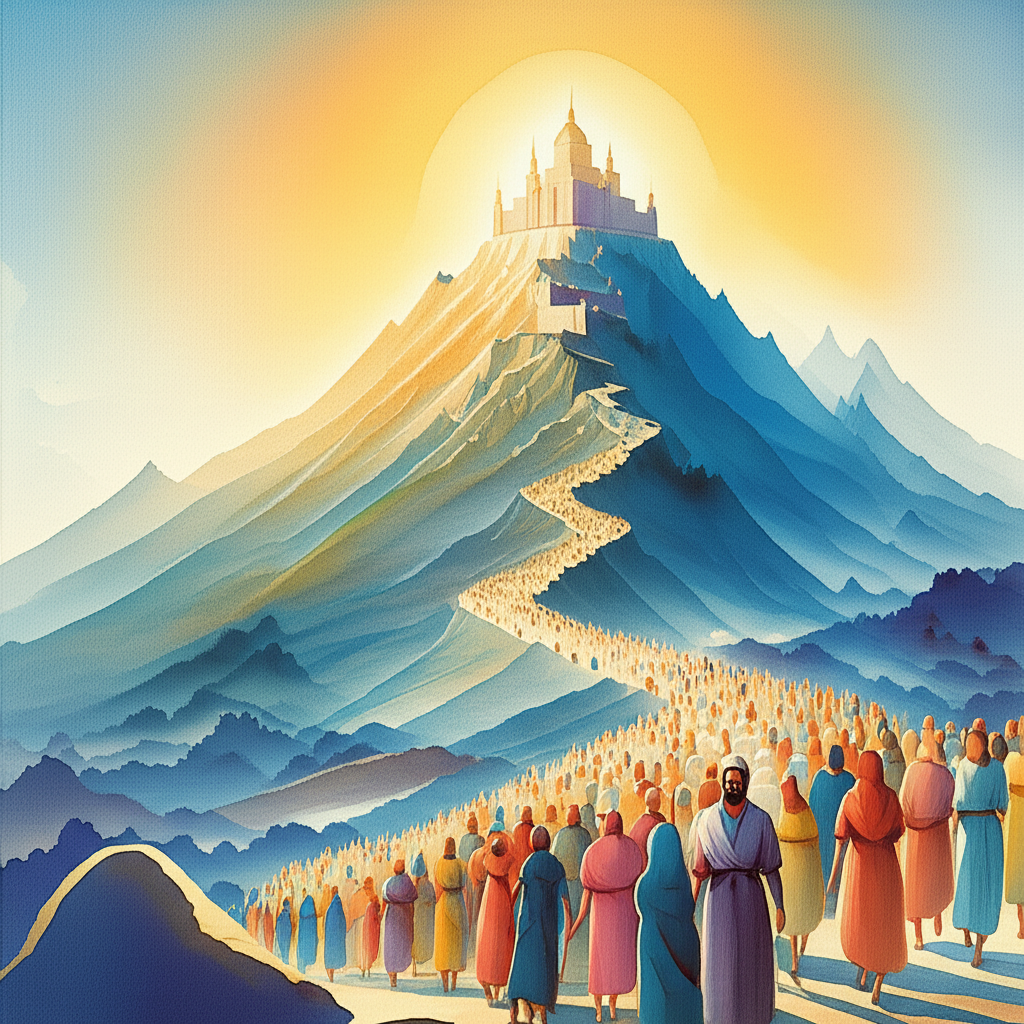
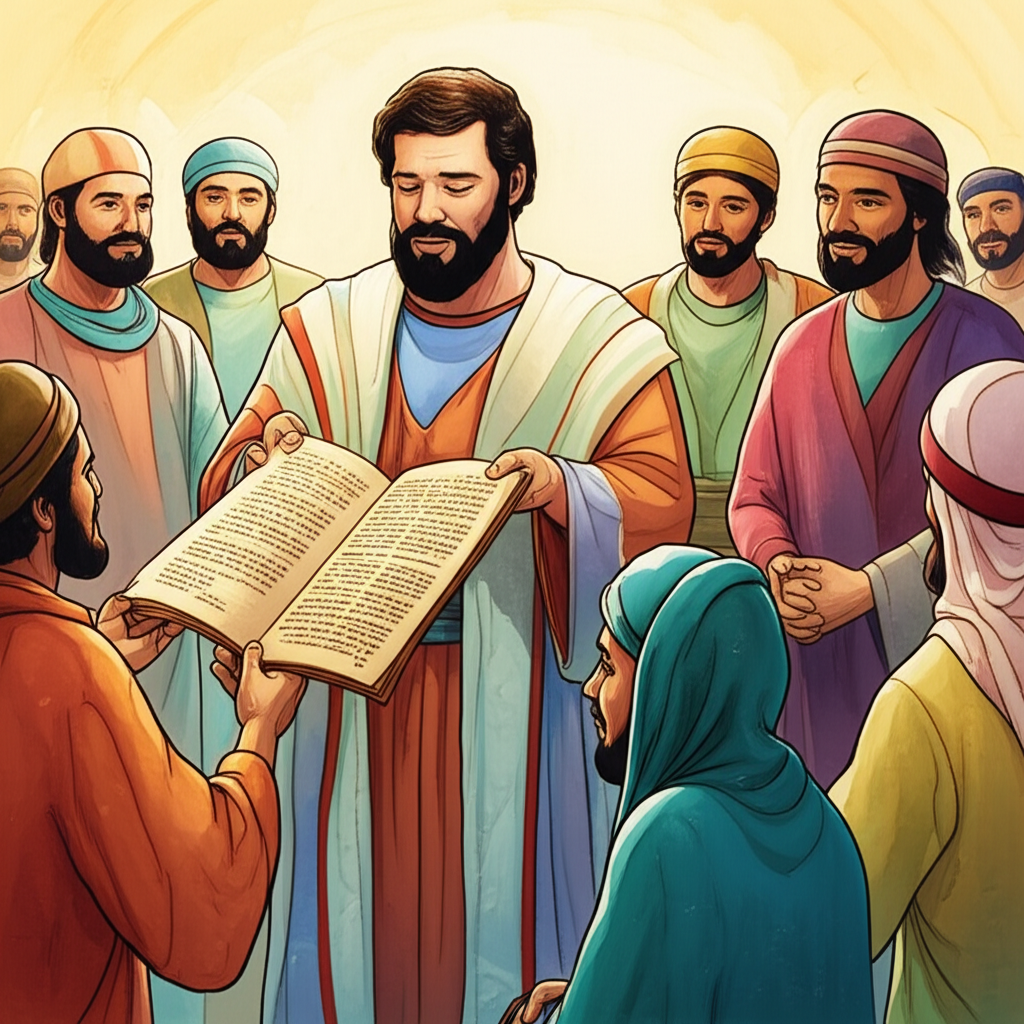
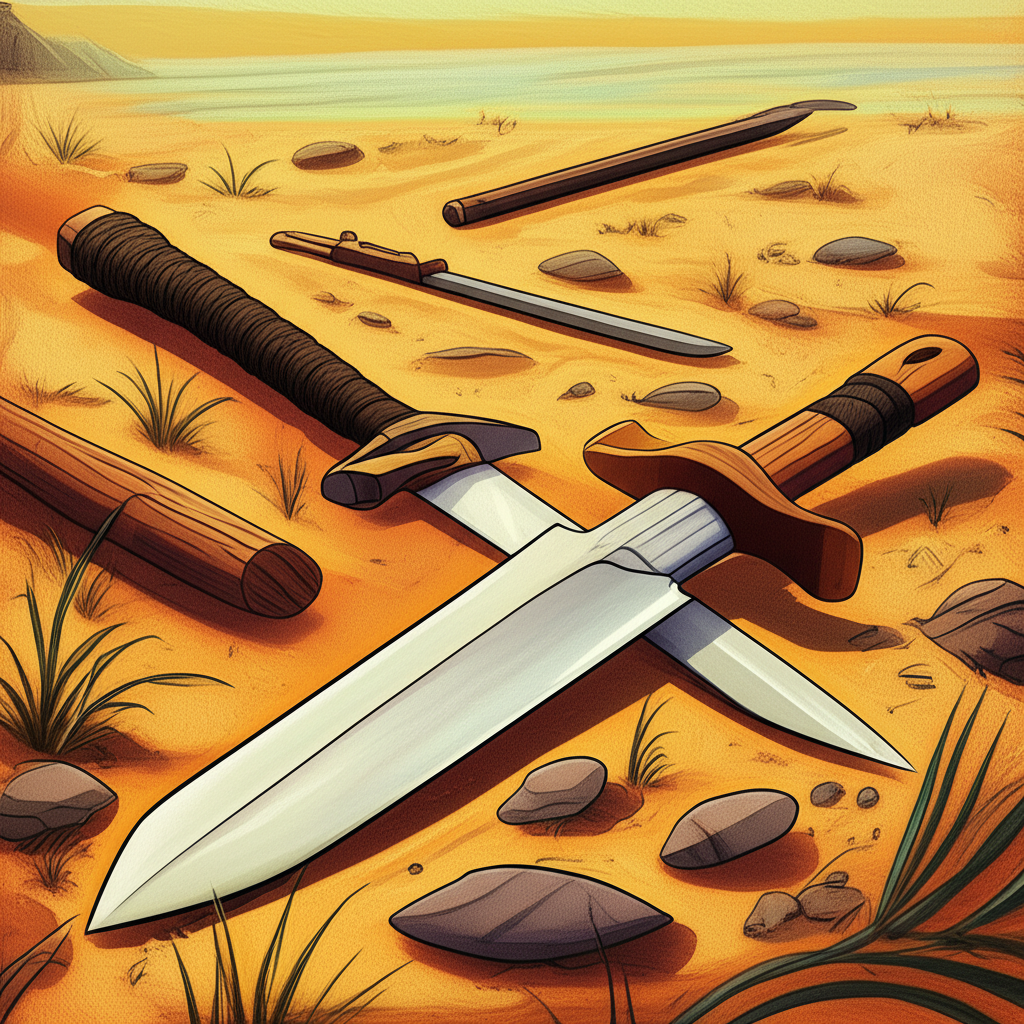
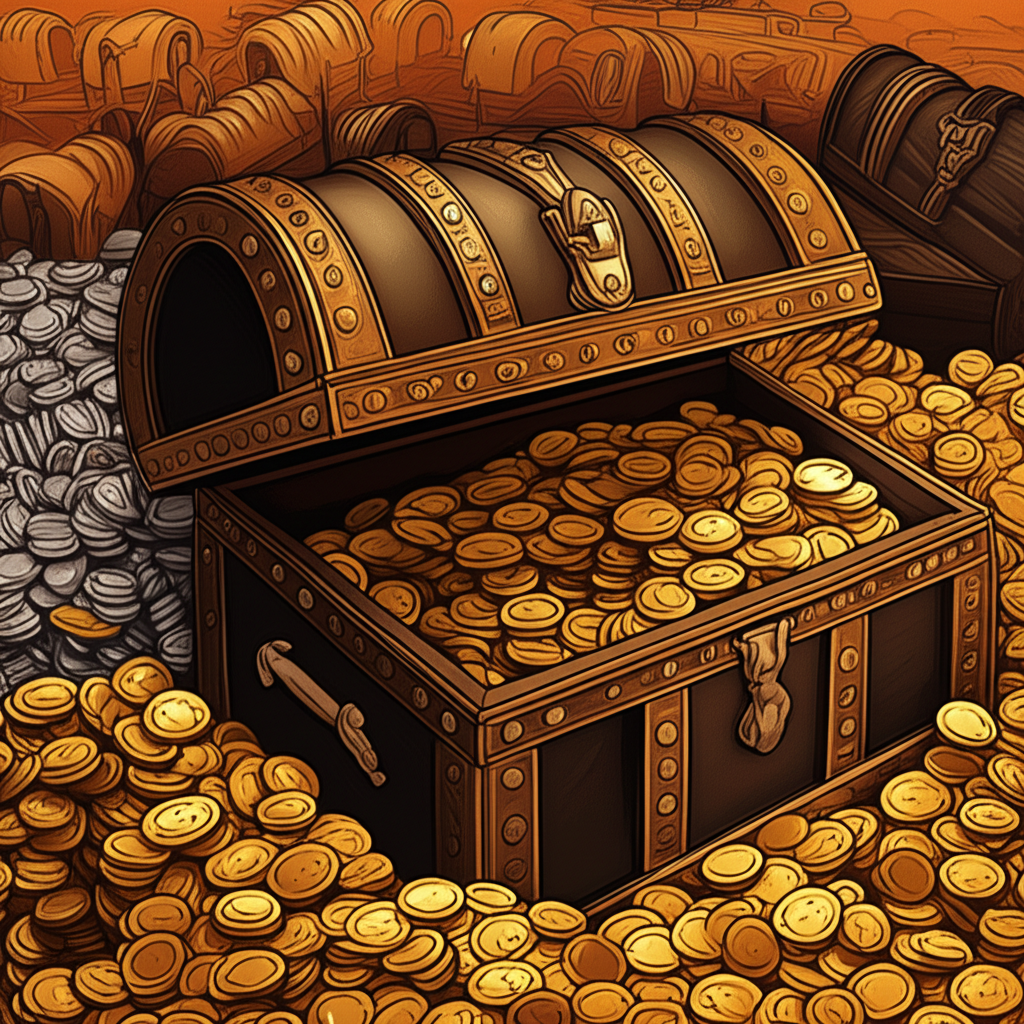
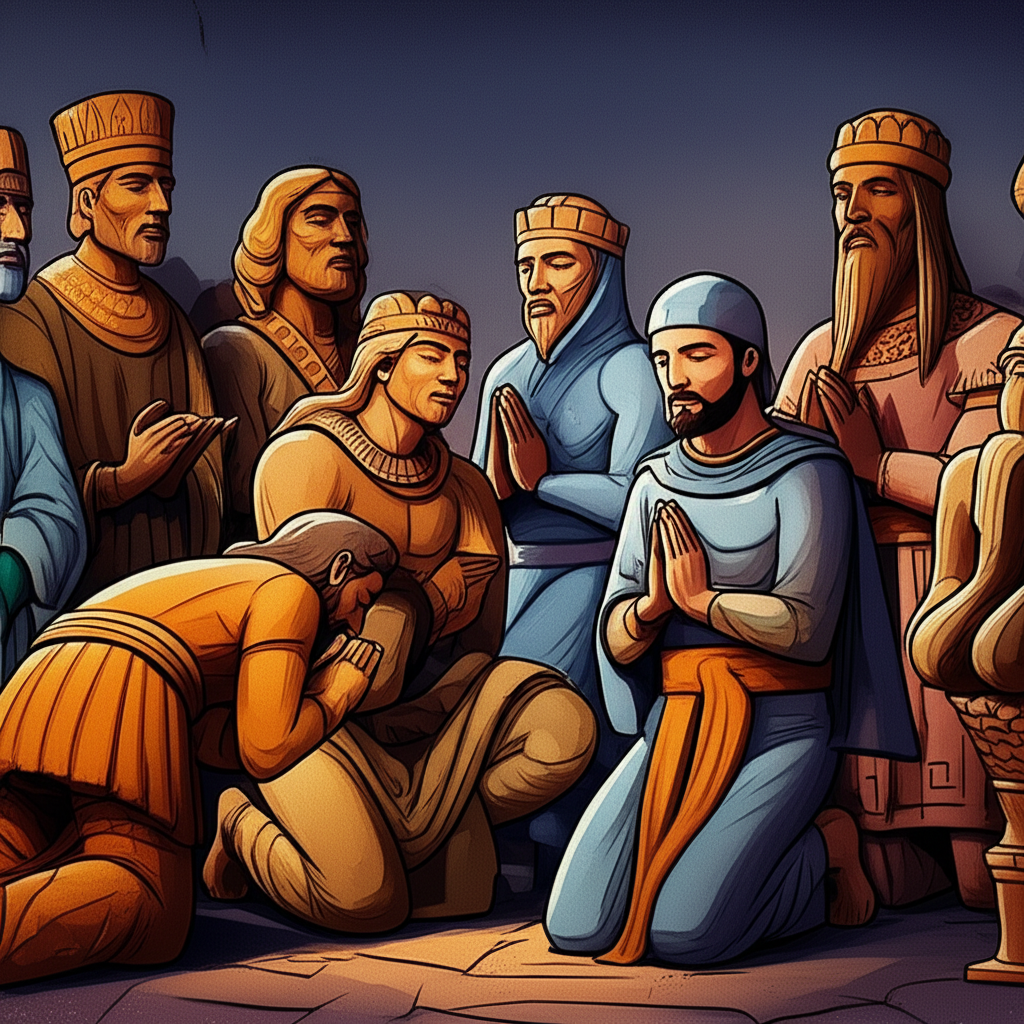
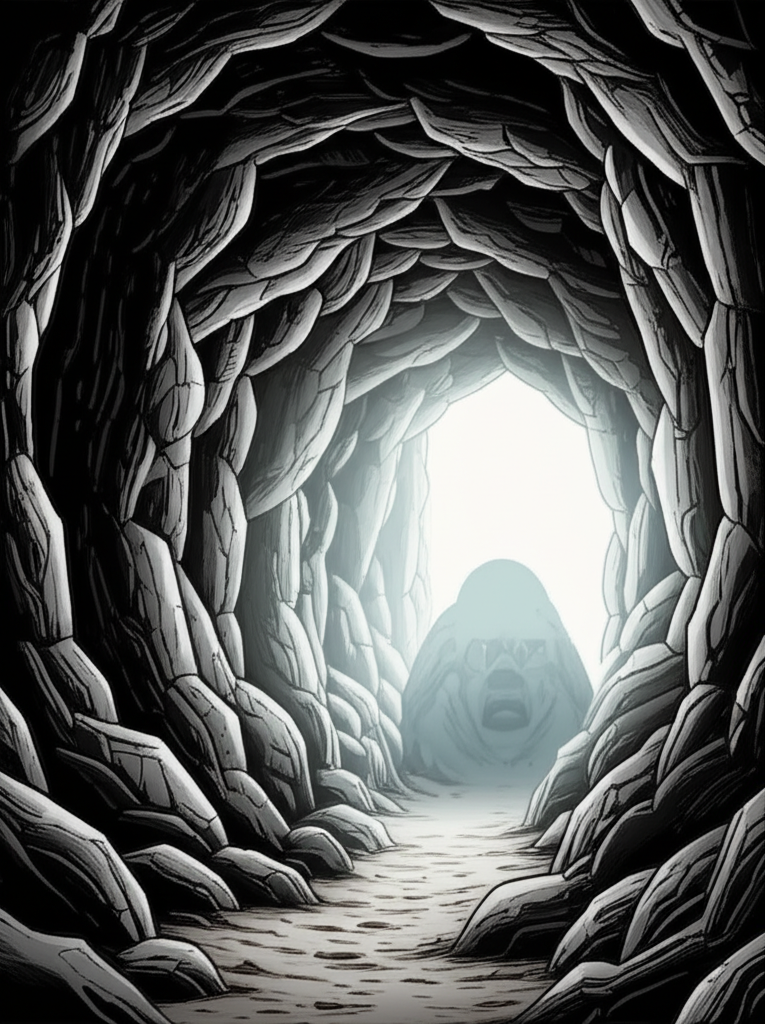
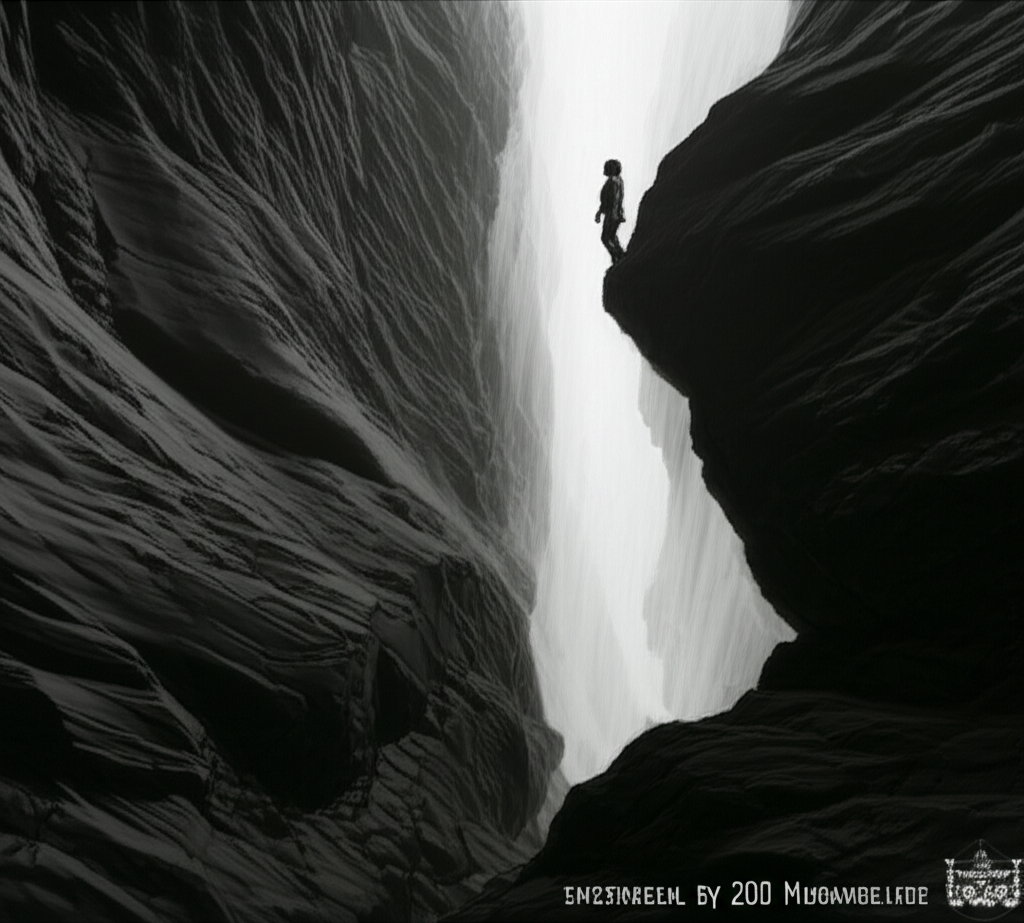

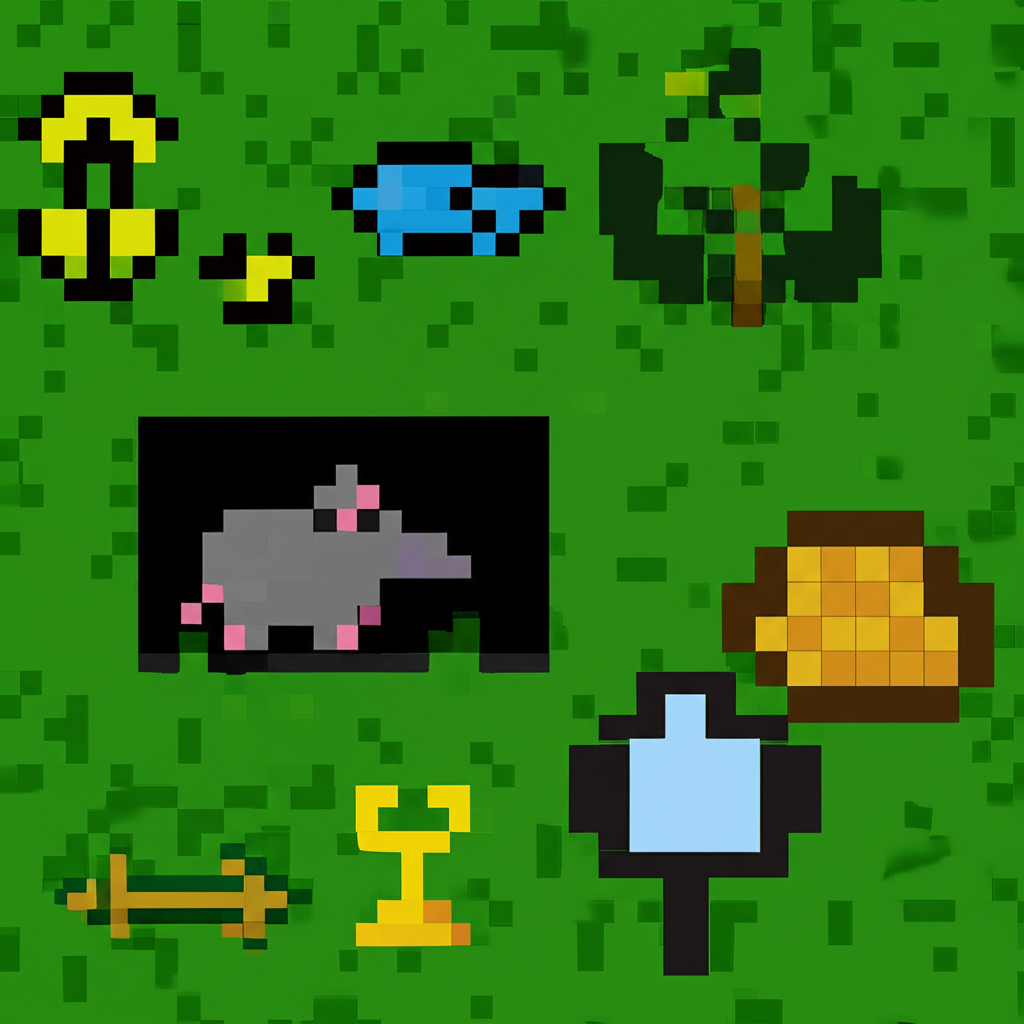
Isaiah chapter 2 kjv
- 1 The word that Isaiah the son of Amoz saw concerning Judah and Jerusalem.
- 2 And it shall come to pass in the last days, that the mountain of the LORD's house shall be established in the top of the mountains, and shall be exalted above the hills; and all nations shall flow unto it.
- 3 And many people shall go and say, Come ye, and let us go up to the mountain of the LORD, to the house of the God of Jacob; and he will teach us of his ways, and we will walk in his paths: for out of Zion shall go forth the law, and the word of the LORD from Jerusalem.
- 4 And he shall judge among the nations, and shall rebuke many people: and they shall beat their swords into plowshares, and their spears into pruninghooks: nation shall not lift up sword against nation, neither shall they learn war any more.
- 5 O house of Jacob, come ye, and let us walk in the light of the LORD.
- 6 Therefore thou hast forsaken thy people the house of Jacob, because they be replenished from the east, and are soothsayers like the Philistines, and they please themselves in the children of strangers.
- 7 Their land also is full of silver and gold, neither is there any end of their treasures; their land is also full of horses, neither is there any end of their chariots:
- 8 Their land also is full of idols; they worship the work of their own hands, that which their own fingers have made:
- 9 And the mean man boweth down, and the great man humbleth himself: therefore forgive them not.
- 10 Enter into the rock, and hide thee in the dust, for fear of the LORD, and for the glory of his majesty.
- 11 The lofty looks of man shall be humbled, and the haughtiness of men shall be bowed down, and the LORD alone shall be exalted in that day.
- 12 For the day of the LORD of hosts shall be upon every one that is proud and lofty, and upon every one that is lifted up; and he shall be brought low:
- 13 And upon all the cedars of Lebanon, that are high and lifted up, and upon all the oaks of Bashan,
- 14 And upon all the high mountains, and upon all the hills that are lifted up,
- 15 And upon every high tower, and upon every fenced wall,
- 16 And upon all the ships of Tarshish, and upon all pleasant pictures.
- 17 And the loftiness of man shall be bowed down, and the haughtiness of men shall be made low: and the LORD alone shall be exalted in that day.
- 18 And the idols he shall utterly abolish.
- 19 And they shall go into the holes of the rocks, and into the caves of the earth, for fear of the LORD, and for the glory of his majesty, when he ariseth to shake terribly the earth.
- 20 In that day a man shall cast his idols of silver, and his idols of gold, which they made each one for himself to worship, to the moles and to the bats;
- 21 To go into the clefts of the rocks, and into the tops of the ragged rocks, for fear of the LORD, and for the glory of his majesty, when he ariseth to shake terribly the earth.
- 22 Cease ye from man, whose breath is in his nostrils: for wherein is he to be accounted of ?
Isaiah chapter 2 nkjv
- 1 The word that Isaiah the son of Amoz saw concerning Judah and Jerusalem.
- 2 Now it shall come to pass in the latter days That the mountain of the LORD's house Shall be established on the top of the mountains, And shall be exalted above the hills; And all nations shall flow to it.
- 3 Many people shall come and say, "Come, and let us go up to the mountain of the LORD, To the house of the God of Jacob; He will teach us His ways, And we shall walk in His paths." For out of Zion shall go forth the law, And the word of the LORD from Jerusalem.
- 4 He shall judge between the nations, And rebuke many people; They shall beat their swords into plowshares, And their spears into pruning hooks; Nation shall not lift up sword against nation, Neither shall they learn war anymore.
- 5 O house of Jacob, come and let us walk In the light of the LORD.
- 6 For You have forsaken Your people, the house of Jacob, Because they are filled with eastern ways; They are soothsayers like the Philistines, And they are pleased with the children of foreigners.
- 7 Their land is also full of silver and gold, And there is no end to their treasures; Their land is also full of horses, And there is no end to their chariots.
- 8 Their land is also full of idols; They worship the work of their own hands, That which their own fingers have made.
- 9 People bow down, And each man humbles himself; Therefore do not forgive them.
- 10 Enter into the rock, and hide in the dust, From the terror of the LORD And the glory of His majesty.
- 11 The lofty looks of man shall be humbled, The haughtiness of men shall be bowed down, And the LORD alone shall be exalted in that day.
- 12 For the day of the LORD of hosts Shall come upon everything proud and lofty, Upon everything lifted up? And it shall be brought low?
- 13 Upon all the cedars of Lebanon that are high and lifted up, And upon all the oaks of Bashan;
- 14 Upon all the high mountains, And upon all the hills that are lifted up;
- 15 Upon every high tower, And upon every fortified wall;
- 16 Upon all the ships of Tarshish, And upon all the beautiful sloops.
- 17 The loftiness of man shall be bowed down, And the haughtiness of men shall be brought low; The LORD alone will be exalted in that day,
- 18 But the idols He shall utterly abolish.
- 19 They shall go into the holes of the rocks, And into the caves of the earth, From the terror of the LORD And the glory of His majesty, When He arises to shake the earth mightily.
- 20 In that day a man will cast away his idols of silver And his idols of gold, Which they made, each for himself to worship, To the moles and bats,
- 21 To go into the clefts of the rocks, And into the crags of the rugged rocks, From the terror of the LORD And the glory of His majesty, When He arises to shake the earth mightily.
- 22 Sever yourselves from such a man, Whose breath is in his nostrils; For of what account is he?
Isaiah chapter 2 niv
- 1 This is what Isaiah son of Amoz saw concerning Judah and Jerusalem:
- 2 In the last days the mountain of the LORD's temple will be established as the highest of the mountains; it will be exalted above the hills, and all nations will stream to it.
- 3 Many peoples will come and say, "Come, let us go up to the mountain of the LORD, to the temple of the God of Jacob. He will teach us his ways, so that we may walk in his paths." The law will go out from Zion, the word of the LORD from Jerusalem.
- 4 He will judge between the nations and will settle disputes for many peoples. They will beat their swords into plowshares and their spears into pruning hooks. Nation will not take up sword against nation, nor will they train for war anymore.
- 5 Come, descendants of Jacob, let us walk in the light of the LORD.
- 6 You, LORD, have abandoned your people, the descendants of Jacob. They are full of superstitions from the East; they practice divination like the Philistines and embrace pagan customs.
- 7 Their land is full of silver and gold; there is no end to their treasures. Their land is full of horses; there is no end to their chariots.
- 8 Their land is full of idols; they bow down to the work of their hands, to what their fingers have made.
- 9 So people will be brought low and everyone humbled? do not forgive them.
- 10 Go into the rocks, hide in the ground from the fearful presence of the LORD and the splendor of his majesty!
- 11 The eyes of the arrogant will be humbled and human pride brought low; the LORD alone will be exalted in that day.
- 12 The LORD Almighty has a day in store for all the proud and lofty, for all that is exalted (and they will be humbled),
- 13 for all the cedars of Lebanon, tall and lofty, and all the oaks of Bashan,
- 14 for all the towering mountains and all the high hills,
- 15 for every lofty tower and every fortified wall,
- 16 for every trading ship and every stately vessel.
- 17 The arrogance of man will be brought low and human pride humbled; the LORD alone will be exalted in that day,
- 18 and the idols will totally disappear.
- 19 People will flee to caves in the rocks and to holes in the ground from the fearful presence of the LORD and the splendor of his majesty, when he rises to shake the earth.
- 20 In that day people will throw away to the moles and bats their idols of silver and idols of gold, which they made to worship.
- 21 They will flee to caverns in the rocks and to the overhanging crags from the fearful presence of the LORD and the splendor of his majesty, when he rises to shake the earth.
- 22 Stop trusting in mere humans, who have but a breath in their nostrils. Why hold them in esteem?
Isaiah chapter 2 esv
- 1 The word that Isaiah the son of Amoz saw concerning Judah and Jerusalem.
- 2 It shall come to pass in the latter days that the mountain of the house of the LORD shall be established as the highest of the mountains, and shall be lifted up above the hills; and all the nations shall flow to it,
- 3 and many peoples shall come, and say: "Come, let us go up to the mountain of the LORD, to the house of the God of Jacob, that he may teach us his ways and that we may walk in his paths." For out of Zion shall go forth the law, and the word of the LORD from Jerusalem.
- 4 He shall judge between the nations, and shall decide disputes for many peoples; and they shall beat their swords into plowshares, and their spears into pruning hooks; nation shall not lift up sword against nation, neither shall they learn war anymore.
- 5 O house of Jacob, come, let us walk in the light of the LORD.
- 6 For you have rejected your people, the house of Jacob, because they are full of things from the east and of fortune-tellers like the Philistines, and they strike hands with the children of foreigners.
- 7 Their land is filled with silver and gold, and there is no end to their treasures; their land is filled with horses, and there is no end to their chariots.
- 8 Their land is filled with idols; they bow down to the work of their hands, to what their own fingers have made.
- 9 So man is humbled, and each one is brought low ? do not forgive them!
- 10 Enter into the rock and hide in the dust from before the terror of the LORD, and from the splendor of his majesty.
- 11 The haughty looks of man shall be brought low, and the lofty pride of men shall be humbled, and the LORD alone will be exalted in that day.
- 12 For the LORD of hosts has a day against all that is proud and lofty, against all that is lifted up ? and it shall be brought low;
- 13 against all the cedars of Lebanon, lofty and lifted up; and against all the oaks of Bashan;
- 14 against all the lofty mountains, and against all the uplifted hills;
- 15 against every high tower, and against every fortified wall;
- 16 against all the ships of Tarshish, and against all the beautiful craft.
- 17 And the haughtiness of man shall be humbled, and the lofty pride of men shall be brought low, and the LORD alone will be exalted in that day.
- 18 And the idols shall utterly pass away.
- 19 And people shall enter the caves of the rocks and the holes of the ground, from before the terror of the LORD, and from the splendor of his majesty, when he rises to terrify the earth.
- 20 In that day mankind will cast away their idols of silver and their idols of gold, which they made for themselves to worship, to the moles and to the bats,
- 21 to enter the caverns of the rocks and the clefts of the cliffs, from before the terror of the LORD, and from the splendor of his majesty, when he rises to terrify the earth.
- 22 Stop regarding man in whose nostrils is breath, for of what account is he?
Isaiah chapter 2 nlt
- 1 This is a vision that Isaiah son of Amoz saw concerning Judah and Jerusalem:
- 2 In the last days, the mountain of the LORD's house
will be the highest of all ?
the most important place on earth.
It will be raised above the other hills,
and people from all over the world will stream there to worship. - 3 People from many nations will come and say,
"Come, let us go up to the mountain of the LORD,
to the house of Jacob's God.
There he will teach us his ways,
and we will walk in his paths."
For the LORD's teaching will go out from Zion;
his word will go out from Jerusalem. - 4 The LORD will mediate between nations
and will settle international disputes.
They will hammer their swords into plowshares
and their spears into pruning hooks.
Nation will no longer fight against nation,
nor train for war anymore. - 5 Come, descendants of Jacob,
let us walk in the light of the LORD! - 6 For the LORD has rejected his people,
the descendants of Jacob,
because they have filled their land with practices from the East
and with sorcerers, as the Philistines do.
They have made alliances with pagans. - 7 Israel is full of silver and gold;
there is no end to its treasures.
Their land is full of warhorses;
there is no end to its chariots. - 8 Their land is full of idols;
the people worship things they have made
with their own hands. - 9 So now they will be humbled,
and all will be brought low ?
do not forgive them. - 10 Crawl into caves in the rocks.
Hide in the dust
from the terror of the LORD
and the glory of his majesty. - 11 Human pride will be brought down,
and human arrogance will be humbled.
Only the LORD will be exalted
on that day of judgment. - 12 For the LORD of Heaven's Armies
has a day of reckoning.
He will punish the proud and mighty
and bring down everything that is exalted. - 13 He will cut down the tall cedars of Lebanon
and all the mighty oaks of Bashan. - 14 He will level all the high mountains
and all the lofty hills. - 15 He will break down every high tower
and every fortified wall. - 16 He will destroy all the great trading ships
and every magnificent vessel. - 17 Human pride will be humbled,
and human arrogance will be brought down.
Only the LORD will be exalted
on that day of judgment. - 18 Idols will completely disappear.
- 19 When the LORD rises to shake the earth,
his enemies will crawl into holes in the ground.
They will hide in caves in the rocks
from the terror of the LORD
and the glory of his majesty. - 20 On that day of judgment they will abandon the gold and silver idols
they made for themselves to worship.
They will leave their gods to the rodents and bats, - 21 while they crawl away into caverns
and hide among the jagged rocks in the cliffs.
They will try to escape the terror of the LORD
and the glory of his majesty
as he rises to shake the earth. - 22 Don't put your trust in mere humans.
They are as frail as breath.
What good are they?
- Bible Book of Isaiah
- 1 The Wickedness of Judah
- 2 The Mountain of the Lord
- 3 Judgment on Judah and Jerusalem
- 4 The Branch of the Lord Glorified
- 5 The Vineyard of the Lord Destroyed
- 6 Isaiah's Vision of the Lord
- 7 Isaiah Sent to King Ahaz
- 8 The Coming Assyrian Invasion
- 9 For to Us a Child Is Born
- 10 Judgment on Arrogant Assyria
- 11 The Righteous Reign of the Branch
- 12 The Lord Is My Strength and My Song
- 13 The Judgment of Babylon
- 14 The Restoration of Jacob
- 15 An Oracle Concerning Moab
- 16 Send the lamb to the ruler of the land, from Sela, by way of the desert, to the
- 17 An Oracle Concerning Damascus
- 18 An Oracle Concerning Cush
- 19 An Oracle Concerning Egypt
- 20 A Sign Against Egypt and Cush
- 21 Fallen, Fallen Is Babylon
- 22 An Oracle Concerning Jerusalem
- 23 An Oracle Concerning Tyre and Sidon
- 24 Judgment on the Whole Earth
- 25 God Will Swallow Up Death Forever
- 26 You Keep Him in Perfect Peace
- 27 The Redemption of Israel
- 28 Judgment on Ephraim and Jerusalem
- 29 The Siege of Jerusalem
- 30 Do Not Go Down to Egypt
- 31 Woe to Those Who Go Down to Egypt
- 32 A King Will Reign in Righteousness
- 33 O Lord, Be Gracious to Us
- 34 Judgment on the Nations
- 35 The Ransomed Shall Return
- 36 Sennacherib Invades Judah
- 37 Hezekiah Seeks Isaiah's Help
- 38 Hezekiah's Sickness and Recovery
- 39 Envoys from Babylon
- 40 Comfort for God's People
- 41 Fear Not, for I Am with You
- 42 The Lord's Chosen Servant
- 43 Israel's Only Savior
- 44 Israel the Lord's Chosen
- 45 The great king Cyrus
- 46 The Idols of Babylon and the One True God
- 47 The Humiliation of Babylon
- 48 Israel Refined for God's Glory
- 49 The Servant of the Lord
- 50 Israel's Sin and the Servant's Obedience
- 51 The Lord's Comfort for Zion
- 52 The Lord's Coming Salvation
- 53 Who has believed our report
- 54 The Eternal Covenant of Peace
- 55 The Compassion of the Lord
- 56 Salvation for Foreigners
- 57 Israel's Futile Idolatry
- 58 True and False Fasting
- 59 Evil and Oppression
- 60 Arise Shine for your light has come
- 61 The Spirit of the Lord is upon me
- 62 Zion's Coming Salvation
- 63 The Lord's Day of Vengeance
- 64 Oh that you would rend the heavens and come down, that the mountains might
- 65 Judgment and Salvation
- 66 The Humble and Contrite in Spirit